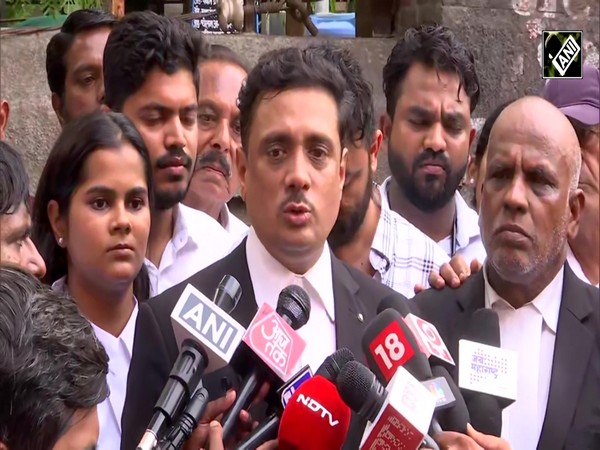Coimbatore bomb blast case: NIA chargesheets two more ISIS-inspired accused
Jan 24, 2024

New Delhi [India], January 24 : The National Investigation Agency (NIA) on Wednesday filed a fresh chargesheet against two more accused in the ISIS-inspired Coimbatore car bomb blast case of 2022-- a conspiracy targeting various branches such as general administration, police, and judiciary.
The supplementary chargesheet named Mohammed Azarudeen alias Azar and Mohammed Idris both residents of Coimbatore, in the terror attack case. They have been charged under various sections of the Indian Penal Code (IPC) and the Unlawful Activities (Prevention) Act and Explosive Substances Act.
With this, 13 accused have so far been chargesheeted in the case. NIA had earlier chargesheeted a total of 11 persons on April 20 and June 2 last year.
The case relates to an explosion in front of the ancient Arulmigu Kottai Sangameshwarar Thirukovil Temple at Eswaran Kovil Street in Ukkadam, Coimbatore. The blast got triggered on October 23, 2022 through a Vehicle Borne Improvised Explosive Device (VBIED), driven by one Jamesha Mubeen who was inspired by hardcore ISIS ideology to commit this horrendous act of terror.
The NIA, which had taken up investigations of the case on October 27, 2022, had found that that Jamesha Mubeen, along with Mohammed Azarudeen, Umar Faaruq, Sheikh Hidayathullah and Sanofer Ali, had conspired to carry out a series of suicidal terror attacks in Coimbatore city following a conspiracy hatched in the forested area of Sathyamangalam region in Erode district of Tamil Nadu.
The attack was intended to wreak vengeance on the Kafirs (non-believers), as stated in one of the self-made confessional videos made by the accused a few days before the attack.
Azarudeen, who acted as a pedagogue to the module involved in the attack, was earlier arrested for indoctrination of his followers in ISIS ideology and in connection with NTJ module of Sri Lanka, which was responsible for the 2019 Easter Blast attacks, said the NIA in a statement.
"Investigations had further revealed that Azarudeen had motivated three other accused who met him in Viyyur HSP while he was in prison. This led to the subsequent Sathyamangalam conspiracy meeting, resulting in the planning and preparation of the instant terror attack. Accused Umar Faaruq was elected as the Amir to lead the execution," said the anti-terror agency.
"Mohammed Idris, who was part of the module of Azarudeen and was radicalized in ISIS and by 'bayans' of accused Zahran Hashim, was tasked with purchasing a used vehicle for the blast and to assist the main accused in the attack."
The larger aim of the conspiracy was to create terror in the minds of a section of society by targeting its various branches such as general administration, police and judiciary, it added.

















